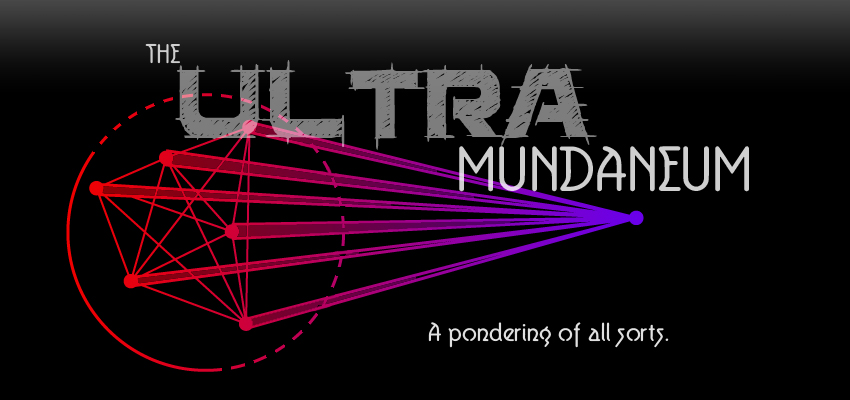Search This Blog
Tuesday, July 1, 2014
A Discussion on the Ethics of Experimenting on a Synthesised Human Intelligence
An article in Scientific American I read a few years back recently popped back into my head. I apologise as the full article is not available, but what is visible gives enough context for our purposes.
The potential dilemma emerges when we imagine if it is ethically sound to experiment on a simulated human intelligence (SHI). It's been discussed that as these SHIs become a more accurate facsimile to the physical thing they will become excellent tools for modelling, and potentially curing many mental disorders and ailments.
Is it ok to give this potentially conscious entity schizophrenia? Huntington's disease?
There are two approached we can take. Utilitarian, or deontological.
The utilitarian approach would be that the benefits gained from discoveries regarding brain function would outweigh the potential suffering the SHI may endure.
The deontological stance would argue that it is always bad to actively cause suffering to another conscious being.
Utilitarianisms offer is quite attractive, but I wonder if logically it's a slippery slope to arguing for experimentation on actual humans. The thought seems ridiculous but do we not devalue the ideas of sentience and sapience if we experiment on a potentially conscious being without it's consent or control? Why is alright to do so on an SHI and not a child? Or someone with a mental handicap? Indeed, the gut reaction is that the SHI is somehow less real than physical human, or lacks true consciousness so somehow it isn't the same. Unfortunately there are no grounds to support this. At it's very base even the utilitarian calculation would render unwieldy results. In one scenario, if the SHI must undergo multiple thousands of runs to obtain a proper data set, it's total suffering would weigh heavily against the benefits gained.
Considering the above, the deontological route appears the most reasonable course of action. It is essentially already practiced as society generally recognises that unnecessary harm and distress, as well as unconsenting experimentation on any person is not acceptable, even with the potential of great advances by doing so. It would be prudent to hold the same true for an SHI. If the facsimile is true enough we must assume the SHI has the potential to be as conscious as you or me, and therefore, protected by human rights.
In conclusion, an SHI should be treated as no different than a living breathing person. Safe under the same rights guaranteed to it's creators.
Subscribe to:
Posts (Atom)
